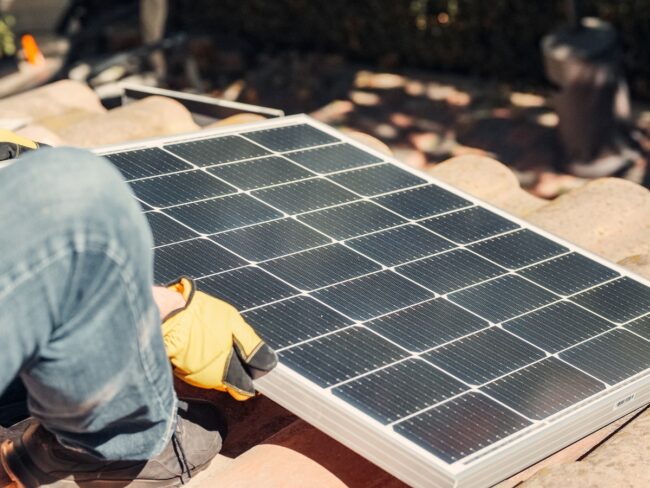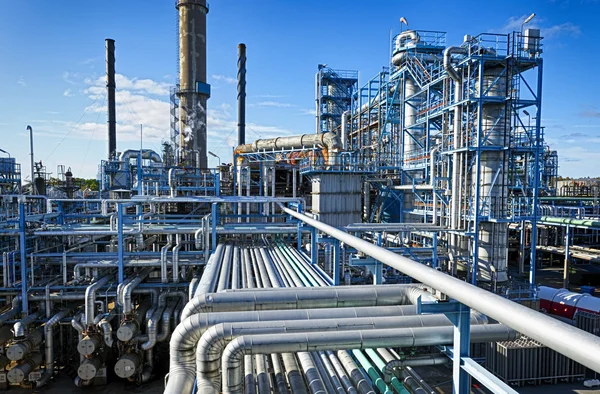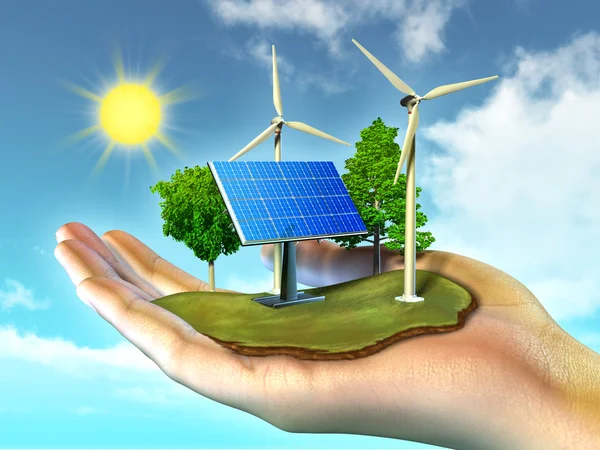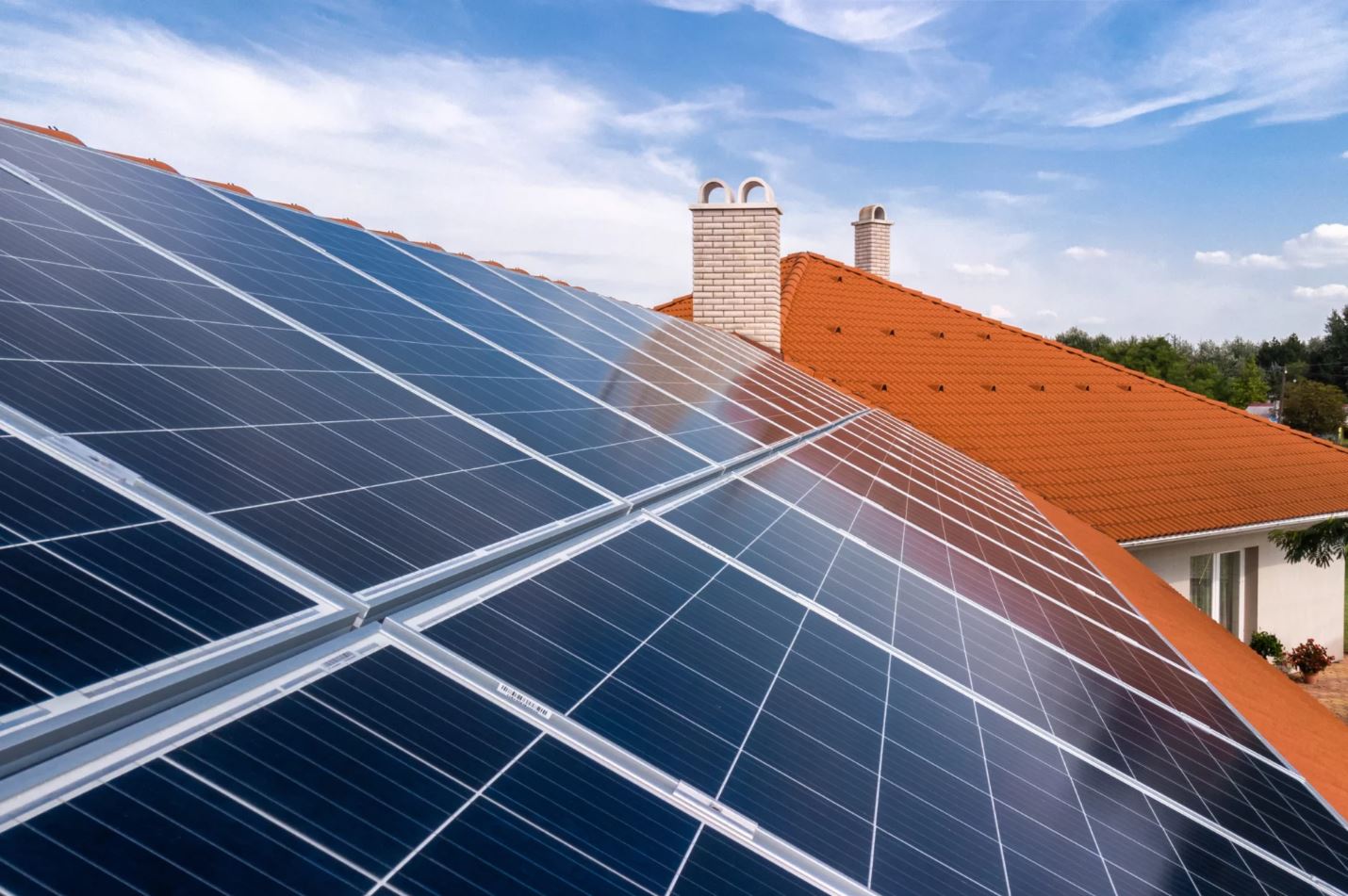So, you are thinking about saving on energy? Solar power is a good point to start. Here is (almost) all you need to know about capturing the sun’s energy to produce power and some solar energy facts.
If you are a company owner and your production highly depends on electricity, or you are a homeowner and your electricity bills are growing higher, the installation of solar power panels is a good investment. And it pays back in a short time. Plus, it’s renewable.
What is actually solar energy?
Utilization of the sun’s energy using solar technology to convert sunlight into power is one of the cleanest ways to gain power sustainability in the community. The community might be your household or a much wider community.
By defining the size and power needs of the community we can calculate the electricity needed for that community to be energy independent.
Solar panels capture the sunlight by using solar photovoltaic (PV) cells. There are lots of variations of types of PV installations. They can be installed outside of the cities – on earth or water, or on the buildings in urban areas.
When we talk about big solar farms which are used as electricity generators, they need wide space for solar panels and must have an energy storage solution.
FACT:

Solar panel costs have fallen 99% since 1977. Thus, a solar cell now costs $0.21 per watt and $0.39 per watt for an entire assembled module.
Another, solar energy fact is that solar power plants can last 40 years or more. How come? It’s simple. The infrastructure around a solar power plant is built once. Then the solar panels are replaceable with newer, more efficient modules. The cost is relatively low, and the performance is improved.
Why the solar energy is sustainable?
Solar energy enables both sustainability and reduces energy poverty.
Sunlight costs nothing and makes no waste, simply said. And it is an unlimited source. Thus solar energy can meet the power needs of this generation without making any harm to the environment. Consequently, the next generations are not compromised to meet their need for electricity by solar power.
Solar energy production makes no greenhouse gas emissions. Another good news is solar power installations are not overly expensive and the investment repays in a few years. So, more solar energy plants mean less energy poverty.
FACT:

Solar energy is both renewable and sustainable.
DID YOU KNOW THIS FACT?
Solar energy was first used as early as the 7th century B.C. to start a fire with a magnifying glass.
Solar power and reducing energy poverty
European Commission (EC) defines energy poverty as the inability to cover energy expenses without reducing other life expenses. Reducing energy in the household due to the inability to pay for it affects the physical and mental health of people. It reduces their well-being in general, says EC.
Thus, solar energy plants are beneficial in social and economic aspects.
FACT:

Solar energy is cheaper than fossil fuels. The solar energy costs 4.3 cents per kWh. If we take the cost of the cheapest fossil-fuel power plants – which is (still) natural gas, it will cost between 4.2 and 7.8 cents per kWh. But, have in mind that natural gas prices are rising every day!
Environmental responsibility begins with YOU
We can talk a lot about governments’ responsibilities and global environmental agreements, but the fact is – environmental responsibility is on every individual.
You can use solar power to run your entire household and be independent of big power companies. You can use it to run lighting, all home electric appliances, and power thermal heating.

Different countries have different laws on energy. So, if the law on energy in your country is renewable-friendly you may be able to sell back all surplus energy you produce from solar panels.
So, installing solar panels for solar energy production is good for your home budget and even better for making a healthier environment. More solar panels mean fewer smoking chimneys and a better future.
Even more, studies have shown that solar-powered homes can increase their resale value. It also depends on the country where you live. If we suppose that the household has installation to produce 6kW electric power that will increase the real estate value by an average of 4% per kW.

